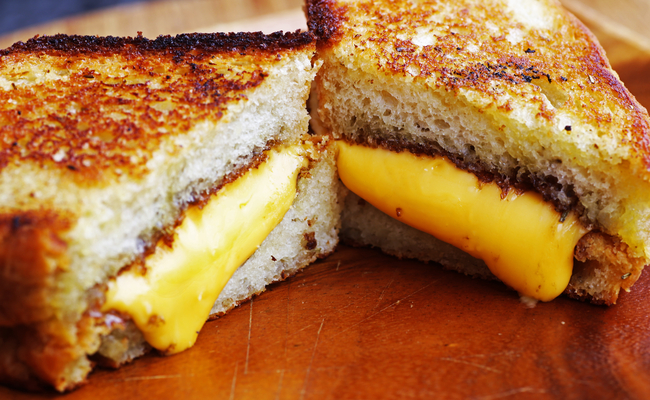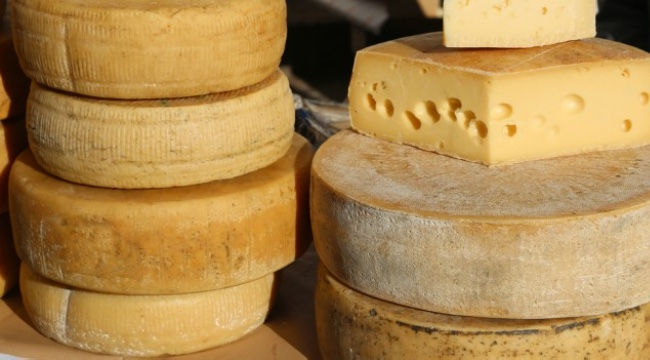
It seems like there’s a new study (or expert) disproving a similar study (or expert) every week. You may want to sit down for this, one, though, because today we’re talking about cheese. But wait, cheese is good for you, right? We have evidence that eating it will make you live longer. It’s also full of calcium and, when fermented, contains good bacteria and fatty acids. Something so good can’t be bad, right?
Nope! Eating cheese is still not a good idea. Once again science has let us down. Put down that plate of macaroni and cheese and get your cheese steak sans cheese because, according to science, cheese is bad for us again.
Dr. Neal Barnard, an adjunct associate professor of medicine at George Washington University, really wants us to stop eating cheese. In fact, not only does he want us to stop eating cheese, he believes that everyone should be eating a vegan diet (crazy right?). And Barnard has spent years studies the health affects of vegan versus non-vegan (fun, tasty food) diets.

“The vegan diet won hands down, finding better weight loss, blood sugar control, and everything else,” Barnard told The Washingtonion. “But despite these benefits, several of our participants told me that the one food they really missed was cheese… Cheese was the food they craved, and some described it almost like an addiction.” You’re darn right it’s addictive. It’s the most delicious way to ingest fat and salt. Nothing beats melted cheddar cheese. You could smother a roof shingle in cheese and it would be palatable.
According to Barnard, the reason we can’t stop cramming gouda and camembert into our fat faces is because of opiates. Yes, cheese contains opiates called casomorphins. And even though these opiates sound like a hot, new version of the Power Rangers, they actually have affect your brain in a way that’s similar to heroin. “They are nowhere near as mind-numbing as morphine, but we believe their opiate effect is strong enough to keep us coming back for more,” said Barnard.
So, now we learn the truth about cheese (as if we didn’t already know it). It’s bad for you and might even be addictive. Barnard wants us to limit (and eventually stop) our cheese urges as if they are some popular, new street drug. So, next time you find yourself choosing between extra cheese on your nachos and extra cheese on your chili dog…get both. All of this negative press about cheese will probably be proven wrong in a few weeks anyway*.
(*Until then, you may want to switch your cheese for nutritional yeast or avocado. And if you really want to test yourself until some new research comes along, Barnard suggests giving up cheese for 21 days and seeing how you feel.)






